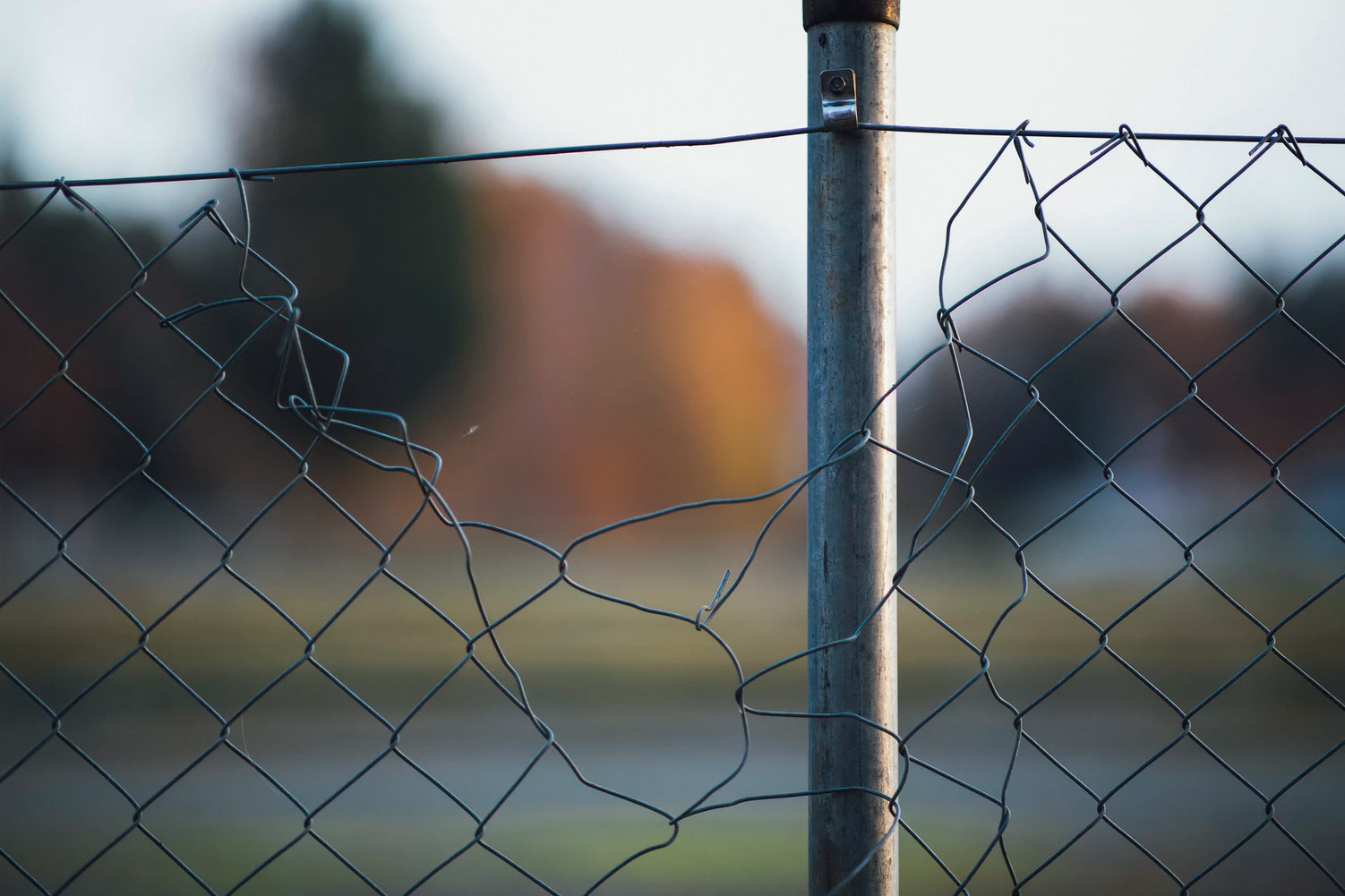Jewish writing often seems liminal, as if titles and headlines are recycled like the names of relatives. How many times will we see the same writing about being attacked, the memory of attack, the misuse of memory, and how that memory proves the need for something we cannot decide if we already have? Just today I saw the same joke about Marjorie Taylor Greene that Seth Rogen made about Mel Gibson last year, one that I heard before between friends and acquaintances making light of our shared Jewish trauma. The past month has not been easy to sit through, only made worse by the repetition of party lines and hasbara that gets said every time there is a month that is not easy to sit through. If we are ever going to escape, we must recognize that the past and present do not hold the future; we must be bold enough to challenge base assumptions of how communities produce safety and create new ones which are far less rigidly defined.
Looking to the past, the birth of a Jewish nationalist movement was a predictable outcome of Jewish interaction with western thought and centuries of antisemitic violence throughout Europe. This movement eventually became cloaked in the language of self-determination, a concept which changed dramatically over time. Self-determination is by no means the same as nationalism, which promotes nation-states as necessary and the only legitimate form of state. Nation-states are rife with their own inherent problems such as the expansion of minority rights, definitions of national citizenship, propensity for intrastate conflict, and more. Looking forward, nation-states cannot exist for much longer thanks to the pressures of globalization, the global refugee crisis, and climate change. Despite all of this, the state of Israel reaffirmed itself as a nation-state with the 2018 nation-state law, again demonstrating its insistence on Jewish nationalism at the expense of democratic principles and peace.
This past month in Jerusalem, militarized police repeatedly acted in the interest of the national project above the interest of peace in the community. Evictions in Sheikh Jarrah and undue presence at Al-Aqsa during Ramadan amount to no less than harassment of those who the state sees as necessarily foreign. The Israeli military’s insistence on airstrikes and other forms of mass destruction in civilian areas should not be confused with counterterrorism. The offensive launched on Gaza employed methods which we know to be counterintuitive from “The War on Terror”. What we saw was the continuation of a total war on Palestinians. What an Israeli pilot called “a way to vent frustration” was frustration of the state to achieve its goal of a contiguous territory made of a single national identity which goes unchallenged by the residents displaced in the process.
State violence from Israel and pseudostate violence from Hamas aside, tension has spilled over into interpersonal violence within communities this month as well. From Lydd to London to Manhattan, Jews and Palestinians have both perpetrated and fallen victim to attacks. Although it is easy to quickly react to hate as if it is innate to some other group, it is imperative to remember that it is learned and acts of hate often require additional motivation. Violence between neighbors is not the choice of people who see themselves as tied to the shared project of improving their community, it is the act of people who believe their neighbors are not their community.
The solution then is not simple or singular, but it begins with new conceptions of community. In Israel we have seen people form community that transgresses national divisions in support of peace. The ground-up movement there is built on this principle and can be seen in the work of left-wing activist groups like Standing Together, who have been responsible for many of the demonstrations over the past several years that brought people together rather than lobbying from one interest group. As for the immediate future of the Jewish state, a bi-national solution has long been under consideration by forward thinkers given the problems of nation-states and a certain degree of pragmatism. What will replace nation-states in the long term is still a topic of speculation, but the status quo certainly cannot hold.
For those looking to build peace more broadly, wherever they may be, the conceptual shift is also necessary. Attempts at bringing about Jewish safety by rooting out antisemitism in existing communities, such as polarized political camps, fall short of addressing the structure which gives reason for hate between neighbors to flourish in the first place. Each person must assert themself as fully deserving an equal part of the political projects which our communities are inseparable from in space without assimilating or infringing on the rights of others who share space with us. Envision a group bound together through proximity which gives respect to all without allowing any to dominate and you may start to have some glimmer of hope. This is a necessarily social future opposed to the individualism of neoliberalism, the political project we currently live under. Individualism must be combated in our institutions, social structures, and personal worldviews if we are to ensure the product that emerges as a replacement for nationalism does not fall to the same shortcomings. The practice we should aim for, if we take democratic ideals seriously, is true democratization of the social, economic, and political. This is not a new prescription, notably having been presented nearly a century ago by Italian Jewish political theorist Carlo Rosselli and continuously advocated for by parts of the left. Through full democratization, where people no longer have to be of the “correct” nation or other social category, we can hope to have peace in new ways with people unified under their political projects rather than divided and disenfranchised.
When we form communities which no longer ask groups to jockey for exclusive power then groups will no longer have incentive to fight for exclusive ownership of individuals. By challenging the insistence on certain identities as necessarily exclusive we begin sweeping away the idea that anyone is “half” anything and ease the communication of complex identities. Juliano Mer-Khamis may be one of the most famous examples of this in recent memory, describing himself clearly as “100 percent Palestinian and 100 percent Jewish”. Forming community across soon to be bygone national divides is not radical so much as empathetic to those who are already challenging the status quo every day by nature of existing.
New forms of community should not be unique to Jews, Israelis, or Palestinians. In fact, they necessarily cannot be as all of these peoples already live alongside countless others. No one’s safety truly comes at the expense of the other, and the fact that political power does is a structural failure to be fixed. The spatial component of new communities will be flexible to an extent, but the post-national or cosmopolitan future will ask us to view ourselves as local groups, global citizens, and more to be sure.
In short, no amount of armed guards or political instagram posts will change how it is we think of and form community. Outreach, solidarity, mutual aid, and the teaching of tolerance are essential to building a social future where we can hope for peace for all peoples. It is known that when a people sits in their own pain, fear, and past victimization they become hostile towards others, creating the opposite of what is desperately needed. There is risk involved in coming together with others, vulnerability that is both necessary and sometimes terrifying, but we must take a leap into the ocean of what is yet to come if we are to escape the pain Jews have faced for ages.

